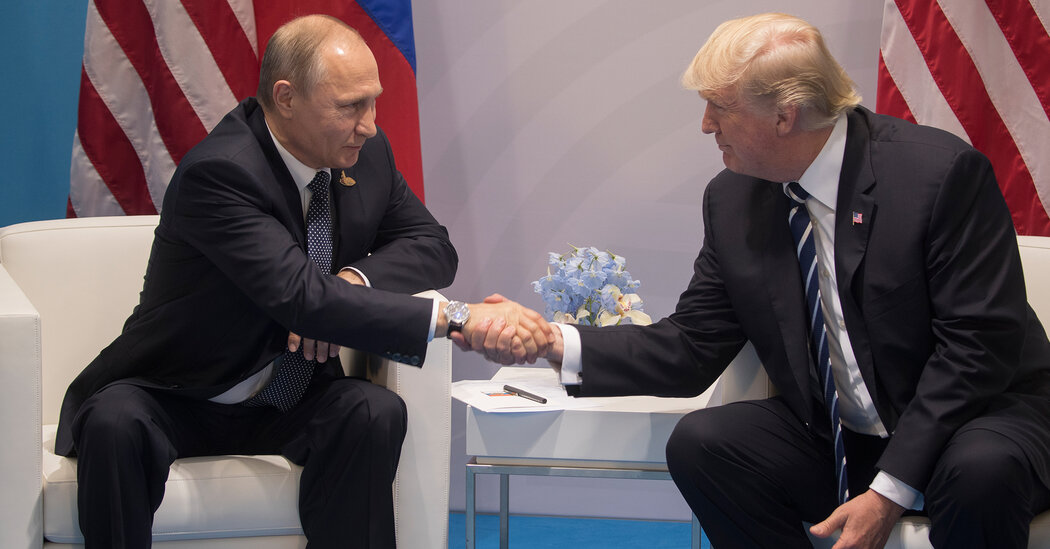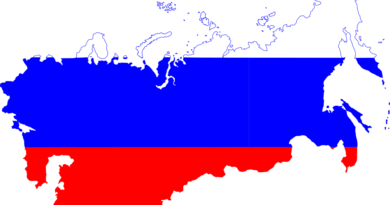Behind Trump’s Views on Ukraine: Putin’s Gambit and a Political Grudge

The roots of Donald Trump’s animus toward Ukraine — an issue with profound consequences should he be elected again — can be found in a yearlong series of events spanning 2016 and 2017.
On July 7, 2017, after President Donald J. Trump and President Vladimir V. Putin of Russia shook hands in Hamburg, Germany, to conclude their first face-to-face meeting, Secretary of State Rex W. Tillerson walked out of the sterile conference room, removed notes from his pocket and gave anxious White House aides a summary.
“We’ve got work to do to change the president’s mind on Ukraine,” Mr. Tillerson said.
The secretary of state had just watched Mr. Putin, the former K.G.B. spymaster, put on a master class in seeking to shape the thinking of the new American president.
The Russian leader disparaged Ukraine, a former Soviet republic with aspirations of joining the European Union and NATO. Ukraine, he told Mr. Trump, was a corrupt, fabricated country. Russia, which had seized the Crimean Peninsula from Ukraine three years earlier and backed pro-Russia separatists in a border region, had every right to exert its influence over the country, he insisted.
Mr. Trump told Mr. Putin that his administration was considering giving weapons to Ukraine. “What do you think?” Mr. Trump asked, to which Mr. Putin said it would be “a mistake.” Whatever America gave the Ukrainians, he said, they would ask for more.
Mr. Trump, who came to the meeting armed with hawkish talking points drawn up by his advisers, never pushed back, according to three American officials who were in Hamburg for the summit.
The meeting is something of a historical footnote to the Trump presidency. It has long been overshadowed by the summit with Mr. Putin the next year in Helsinki, when Mr. Trump famously said he took the word of Mr. Putin over his own intelligence agencies on the question of whether Russia had interfered with the 2016 presidential election.


